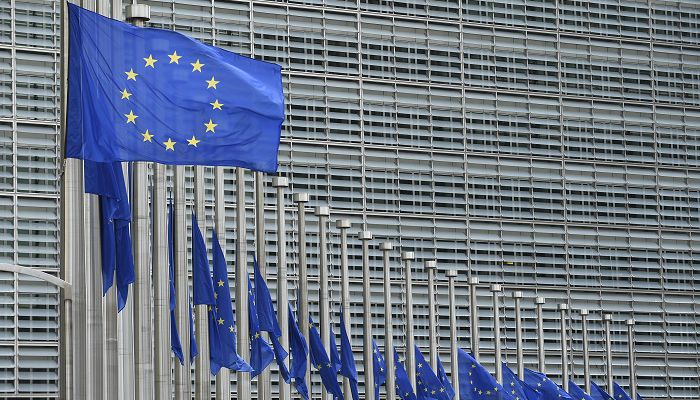Europe is Taking the First Steps Towards Joint Purchasing of Gas

Europe is taking the first steps towards joint purchasing of gas. The European Commission has opened the procedure for European companies that want to order gas at the EU level to replenish their stocks for next winter on time and at attractive prices.
The gas storage in the EU countries must be filled to at least 90 percent of capacity on 1 November, which has already been agreed. On Monday, according to figures from the committee, an average of 57 percent was filled. Last year that round this time was not even half of that.
As with the joint procurement of corona vaccines, the EU can use its collective market power to negotiate better prices from international suppliers by bundling gas needs. Unlike with the vaccines, however, the commission is not involved in the negotiations on the contractual conditions for the purchase and supply of the gas. Again, this has to do with the sensitive business information of the companies involved.
The participating companies will negotiate with international gas suppliers who bid on the collective European demand. The first purchase agreements are expected before the summer, according to the executive board of the EU. According to the committee, 67 companies have applied for joint procurement, and eleven of them say they are willing to act as a central buyer or agent on behalf of other companies.
The joint purchase was prompted by the sky-high gas prices last year. Because the EU wants to say goodbye to its leading gas supplier, Russia, it is diligently looking for affordable alternatives.
The so-called AggregateEU mechanism is open to all 27 EU countries plus energy companies in Albania, Bosnia-Herzegovina, Georgia, Kosovo, Moldova, Montenegro, North Macedonia, Serbia and Ukraine.